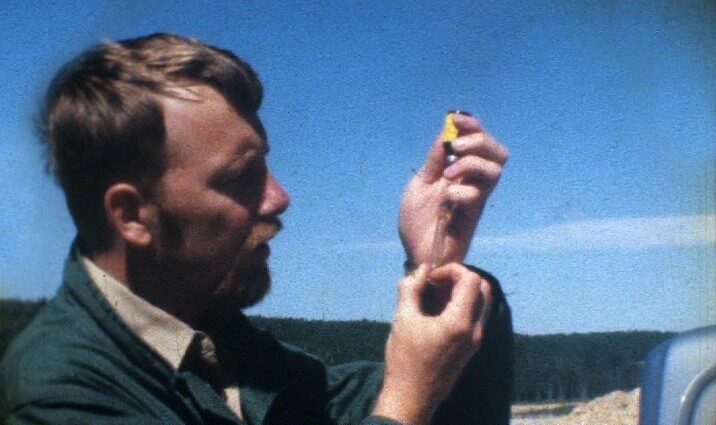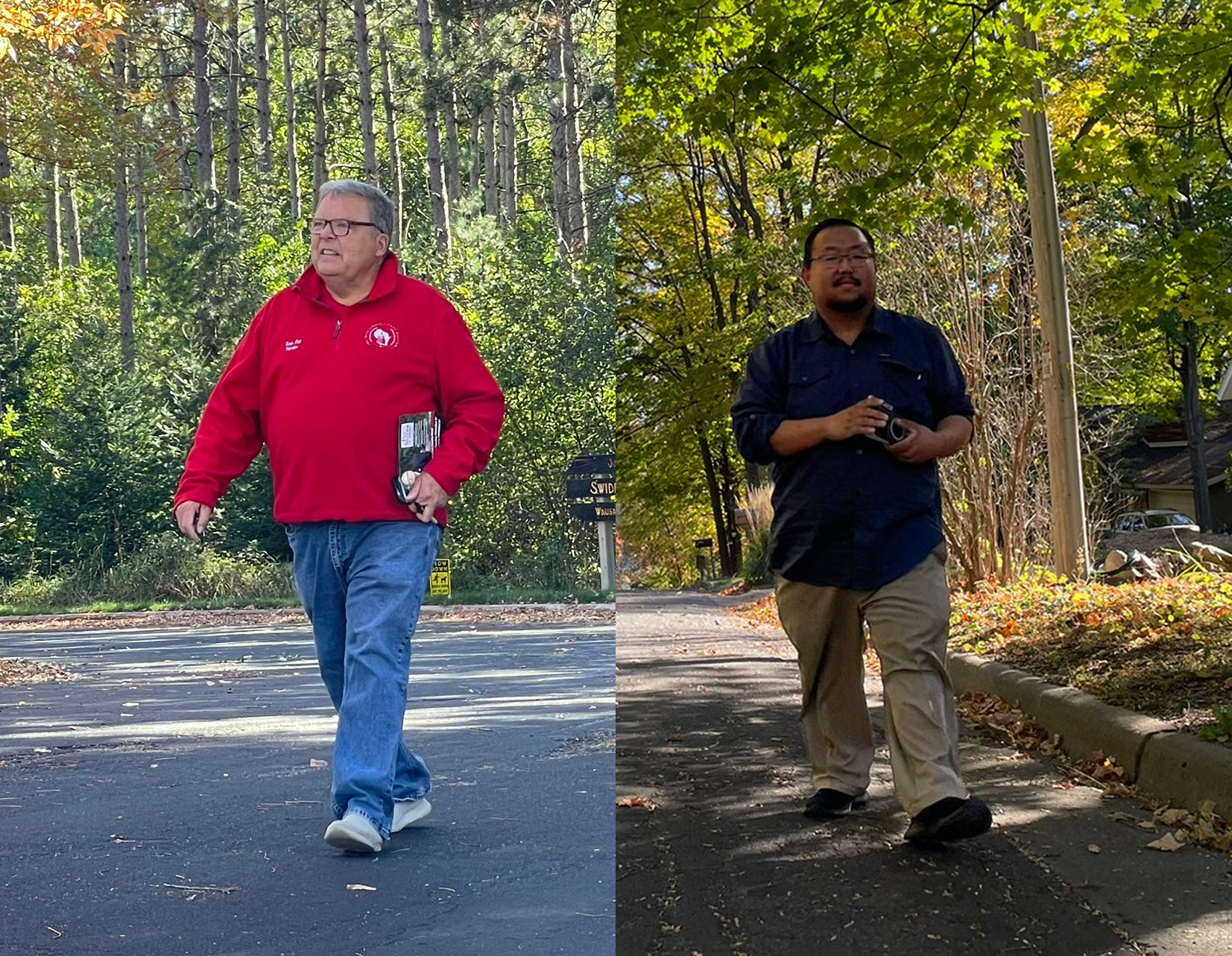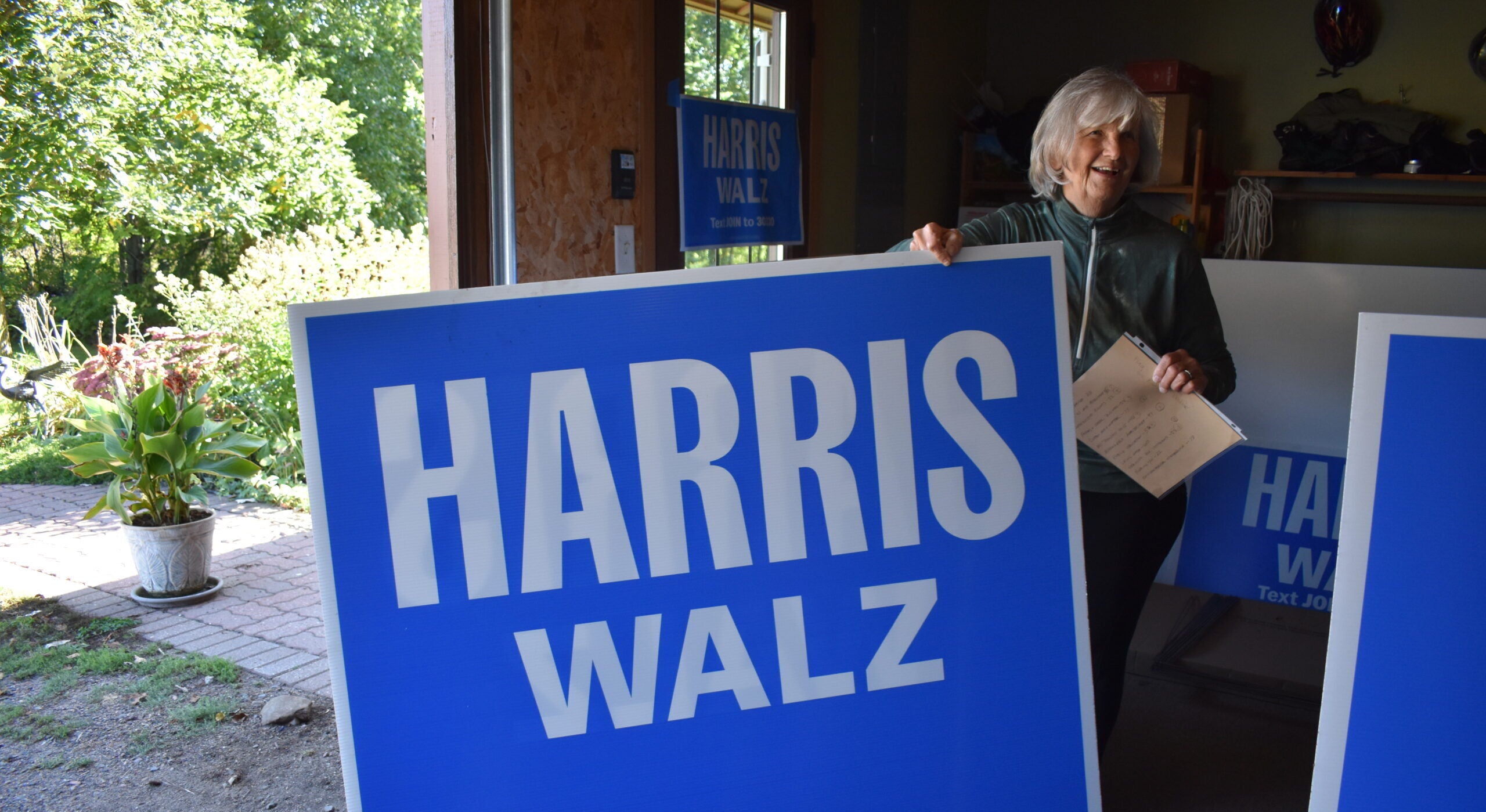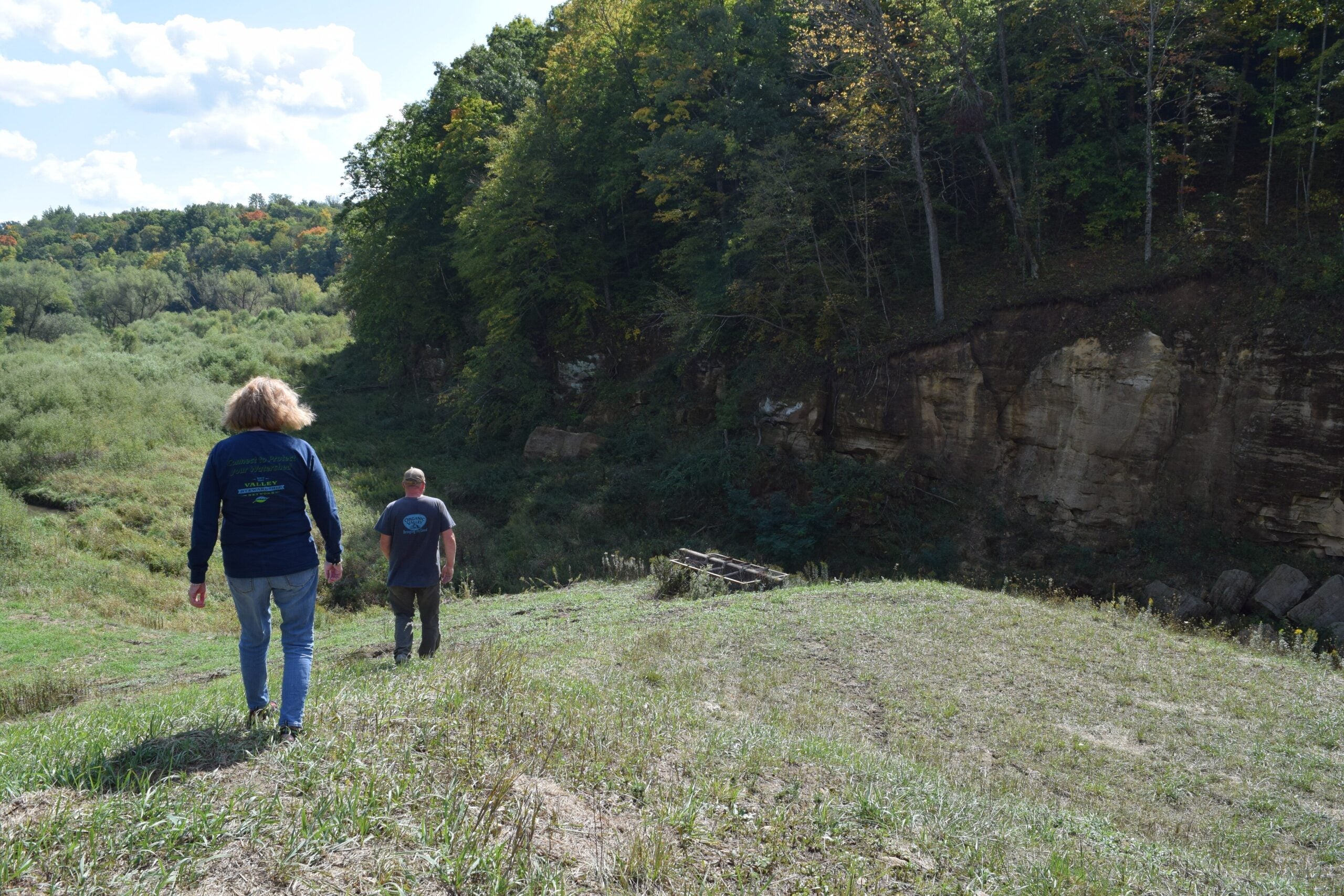We look at the top stories out of Washington this week, including the nomination of H.R. McMaster as the new national security advisor. And we examine the lives and accomplishments of several Wisconsin conservationists who have greatly impacted our views on nature.
Featured in this Show
-
This Week In Washington – February 22, 2017
Harry Enten, senior political writer and analyst for FiveThirtyEight, joins Central Time for our weekly look at some of the most interesting issues in national politics.
-
Book Profiles Wisconsin Conservationists
From Aldo Leopold to John Muir, Wisconsin has long history of being on the forefront of environmental issues.
We’ll talk to an author whose new book looks at eight conservationists who overcame great odds to bring about major changes in the way we view the natural world around us.
-
Lessons From Wisconsin Conservationists
From Aldo Leopold to John Muir, Wisconsin has a long history of being on the forefront of environmental and conservation issues.

John Muir. Wisconsin Historical SocietyLeopold is considered to be the father of wildlife management, and Muir is known as the father of the conservation movement in the United States.
Larry Nielsen shares what can be learned from these champions of the natural world in his new book, “Nature’s Allies: Eight Conservationists Who Changed Our World.”
“The lessons from all eight of the people I profiled in the book are pretty much the same. Two huge things: one is having your passion and living that passion, as John Muir did. The other is to be persistent,” Nielsen said. He added that nature pays attention to long-term trends, not things that happen just once today and change tomorrow.
Two of the biggest names in conservation have ties to Wisconsin. Muir was born in Scotland, but he came to Wisconsin with his father when he was 12 years old.
“He loved the Wisconsin wilderness, he thought it was beautiful and inspiring, and it’s where he grew strong, and grew to be a man,” Nielsen said.
Leopold had a different tie to the Badger State. Unlike Muir, who was raised in Wisconsin and then left, Leopold came to the state when he was an adult.

Aldo Leopold. Wisconsin Historical Society“He worked for the U.S. Forest Service, first out west in New Mexico, and then eventually came to Madison and worked at the Forest Products Lab that still exists and still is a big part of the forest service’s work in the country,” Nielsen said.
While his book is about conservationists of the past, Nielsen works with students every day in his position as a professor of natural resources at North Carolina State University. He said one of the joys of his job is that he deals with students who are passionate about conservation and the environment.
“I’m very much encouraged that today’s set of students are even more committed and more capable of making the positive changes that we’ve seen over the last century,” he said.
Episode Credits
- Rob Ferrett Host
- Veronica Rueckert Host
- J. Carlisle Larsen Producer
- Karl Christenson Producer
- Harry Enten Guest
- Larry A Nielsen Guest
Wisconsin Public Radio, © Copyright 2025, Board of Regents of the University of Wisconsin System and Wisconsin Educational Communications Board.



